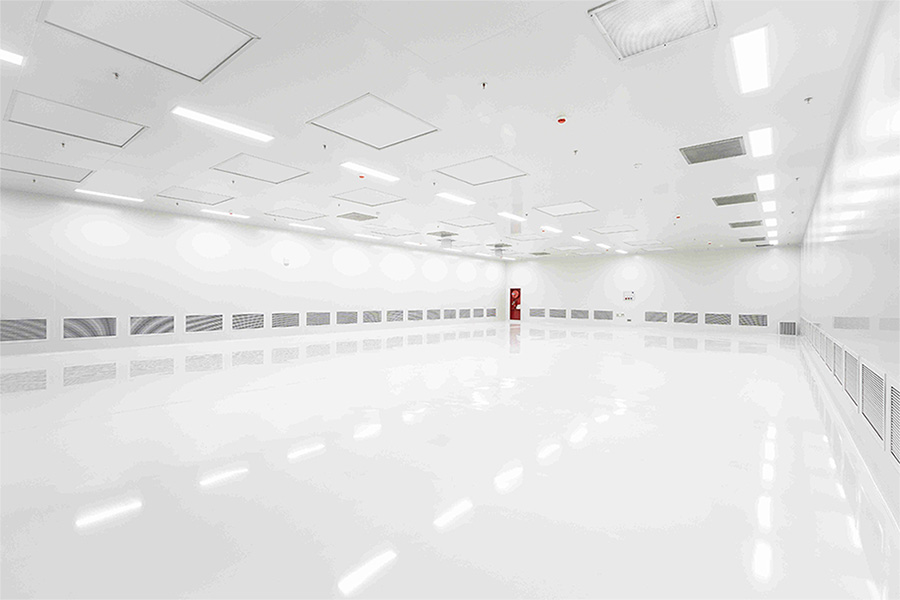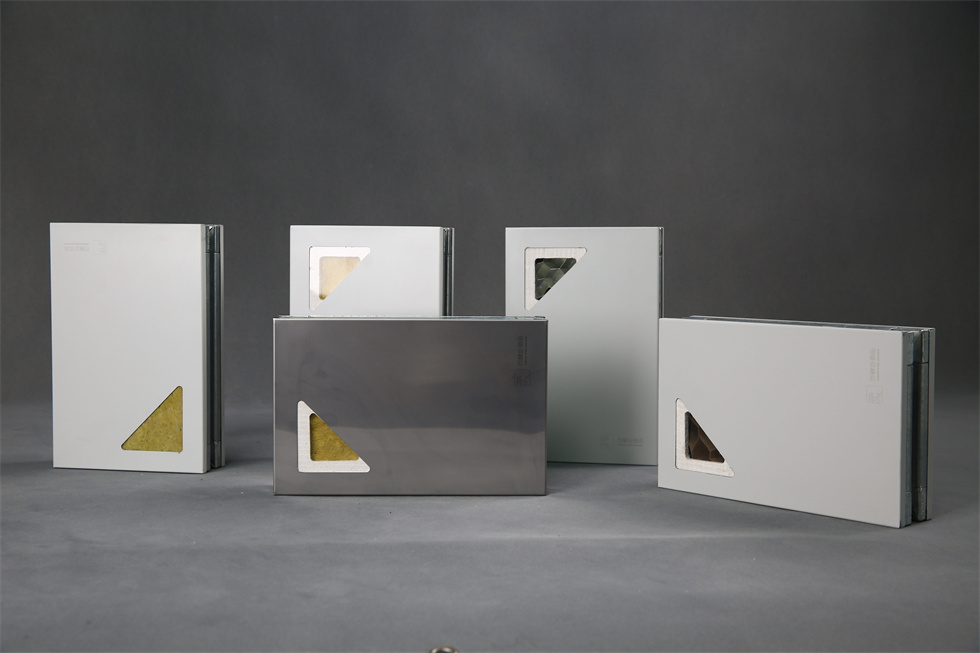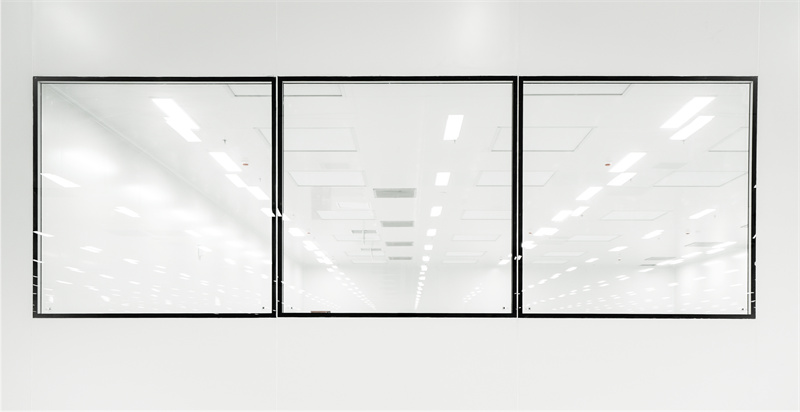We have a passion for unconventional solutions that bring your vision to life.
The effectiveness of a cleanroom hinges on the careful selection of materials. To maintain a controlled environment and prevent contamination, materials must be resistant to pollutants, easy to clean, and durable. Here’s a breakdown of the most commonly used materials in cleanroom construction:

Cleanroom Walls Materials
Stainless Steel: Known for its corrosion resistance and strength, stainless steel is a popular choice. Its smooth surface minimizes particle accumulation and is easily cleaned and sanitized.
PVC: Lightweight and resistant to chemicals and water, PVC is well-suited for lower-grade cleanrooms. Its smooth surface makes cleaning efficient, and it's cost-effective.
Composite Panels: Materials like polyurethane or fiberglass-reinforced plastic offer lightweight, corrosion-resistant, and easy-to-clean options. They come in various colors and finishes to suit specific needs.
Wiskind offers a comprehensive range of cleanroom partition panels specifically designed for pharmaceutical production plants. Our panels feature high-quality surface plates, various durable core materials, and innovative corner solutions (one-piece corner design). With our patented Hygisteel® co-developed with Baosteel, we can provide custom solutions that perfectly meet your unique cleanroom requirements.

Cleanroom Floor Materials
Anti-static Flooring: Essential in electronics manufacturing, anti-static flooring prevents electrostatic discharge that can damage sensitive equipment. Epoxy resin and polyurethane are common choices, offering durability and chemical resistance.
Epoxy Resin: Seamless and smooth, epoxy resin floors are easy to clean and resist water and chemicals. They are ideal for high-purity environments.
Cleanroom Ceiling Materials
Metal Ceilings: Fire-resistant and corrosion-resistant, metal ceilings are well-suited for cleanrooms. Their smooth surfaces minimize particle accumulation.
Mineral Wool or Fiberboard: These materials offer good acoustic properties and insulation. However, it’s crucial to select products with smooth surfaces for easy cleaning.
Cleanroom Partitions and Doors
Aluminum Frames: Lightweight and corrosion-resistant, aluminum frames are commonly used for partitions and doors. Anodization can enhance their durability and appearance.
Sealed Doors: To maintain internal pressure and cleanliness, cleanroom doors must provide a tight seal. Airtight doors ensure that airflow doesn't introduce contaminants.
Cleanroom Windows and Transparent Materials
Polycarbonate or Acrylic: Lightweight and impact-resistant, these materials are suitable for windows and viewing panels. Special coatings can enhance their anti-contamination properties.

Cleanroom Accessories
Ventilation Systems and Filters: HEPA (High-Efficiency Particulate Air) or ULPA (Ultra Low Penetration Air) filters are used to remove tiny particles from the air.
Cleanroom construction material selection is a critical factor in cleanroom construction. Each material's properties determine its suitability for specific applications. By choosing the right materials, you can minimize contamination risks and ensure the long-term effectiveness of your cleanroom. Wiskind is a leading provider of cleanroom solutions. Our cleanroom wall panels, doors, windows, and other equipment have been trusted by countless businesses worldwide. Whether you're building a new cleanroom or expanding your pharmaceutical facility, we offer comprehensive cleanroom solutions tailored to your specific needs. Contact us today for a free quote

Wiskind Cleanroom specializes in cleanroom enclosure system , ceiling system, cleanroom doors and windows and related product development, manufacturing, sales, consulting and services.